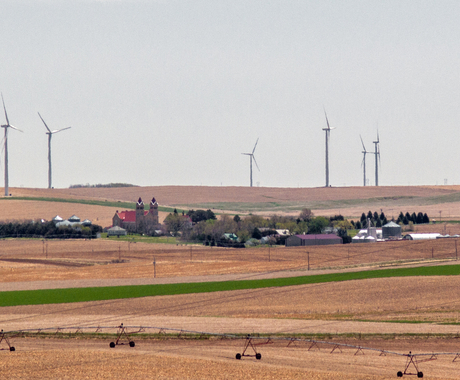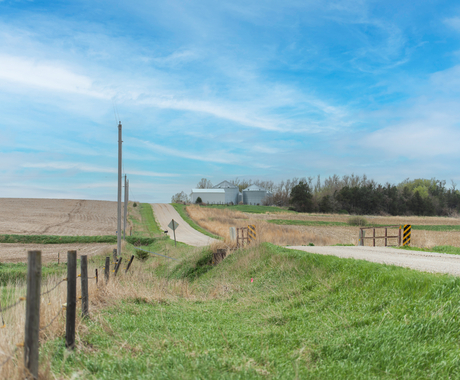Teresa Hoffman, policy communications associate, [email protected], 402.687.2100 ext. 1012; or Rhea Landholm, brand marketing and communications manager, [email protected], 402.687.2100 ext 1025
LYONS, NEBRASKA – As part of a project focusing on elevating the stories of rural climate leaders, the Center for Rural Affairs today released a series of fact sheets focused on building rural resiliency in the face of climate change.
When it comes to addressing issues surrounding our changing climate, tasks, such as turning off electronic equipment at the end of the work day, switching to paperless bills, and recycling plastic, glass, and paper, can go a long way.
“Individuals living in rural areas have an important role in addressing climate change,” said Kayla Bergman, policy associate for the Center for Rural Affairs. “The Center can assist individuals in understanding how to take necessary actions to address climate change.”
The “Building Climate Resiliency” fact sheets cover steps to address climate change for rural residents of various backgrounds and professions.
The series offers tips and information for educators, rural entrepreneurs, homeowners, and farmers and landowners.
For example, a fact sheet for educators addresses how they can be leaders in creating climate-smart classrooms by using reusable materials and supplies, as well as recycling.
The fact sheet in this series for rural entrepreneurs offers information about how businesses can lead by example through energy efficiency, waste reduction, and smart fuel/travel choices.
The final two fact sheets provide information to homeowners on ways they can reduce their carbon footprint, such as using efficient appliances and going paperless with their bills and how farmers and landowners investing in soil health will build their resiliency in the face of climate change.
“No matter the background or occupation, there are rural Americans taking important steps to address our changing climate in their lives and businesses,” Bergman said. “These fact sheets feature those stories and examples of actions taken.”
Click here to find the fact sheets.




